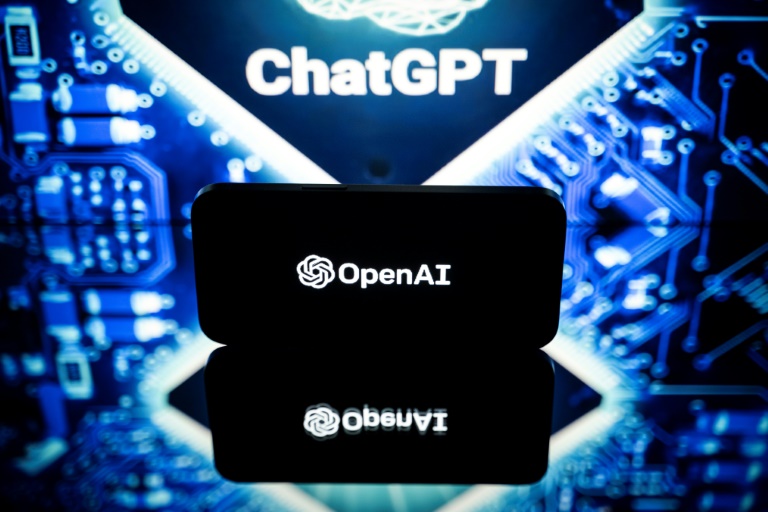In the wake of the latest technological innovations, the age-old question of job loss due to automation has resurfaced. And with the advent of sophisticated large language models like neural networks such as ChatGPT, concerns are beginning to mount.
According to Goldman Sachs economists Joseph Briggs and Devesh Kodnani, around 300 million full-time jobs worldwide are set to be automated, with machines replacing human workers. Their predictions are based on the latest wave of artificial intelligence, which includes platforms such as ChatGPT.
Goldman Sachs warns that this new technology could cause significant disruption to the labor market, with lawyers, economists, writers, and administrative staff being among those at the greatest risk of becoming redundant. In the US and Europe, around two-thirds of jobs are set to be exposed to AI automation, to varying degrees. This calculation is based on data on the tasks that are typically performed in thousands of occupations.
The report further reveals that 18% of work globally could be computerized. The most vulnerable groups are white-collar workers and those in advanced economies. However, Goldman Sachs sees this as a chance for a labor productivity boom, similar to those that followed the emergence of earlier general-purpose technologies such as the electric motor and personal computer.
ChatGPT, which stands for Generative Pre-trained Transformer, is central to these predictions. The platform is pre-trained by human developers and then left to learn for itself, gathering information and delivering knowledge back to humans in the form of ‘chat’. This includes responding to questions and writing essays.
While the technology is still developing, the concept has prompted many businesses to rethink how people should work every day. Although some jobs may be lost, the Goldman Sachs report predicts that the economy will remain robust, with global GDP rising by 7% annually over a 10-year period through these types of technologies.
However, if employment rates fall, workers may not have the wages to buy the products that automation is set to deliver, potentially creating economic instability. Whether new jobs will emerge or not remains a question that ChatGPT may be able to answer in the future.

“A Global Network of Original Music, Creative Content, and professional sync licensing providing endless possibilities for your videos, repurposing.”


Leave a Reply
You must be logged in to post a comment.